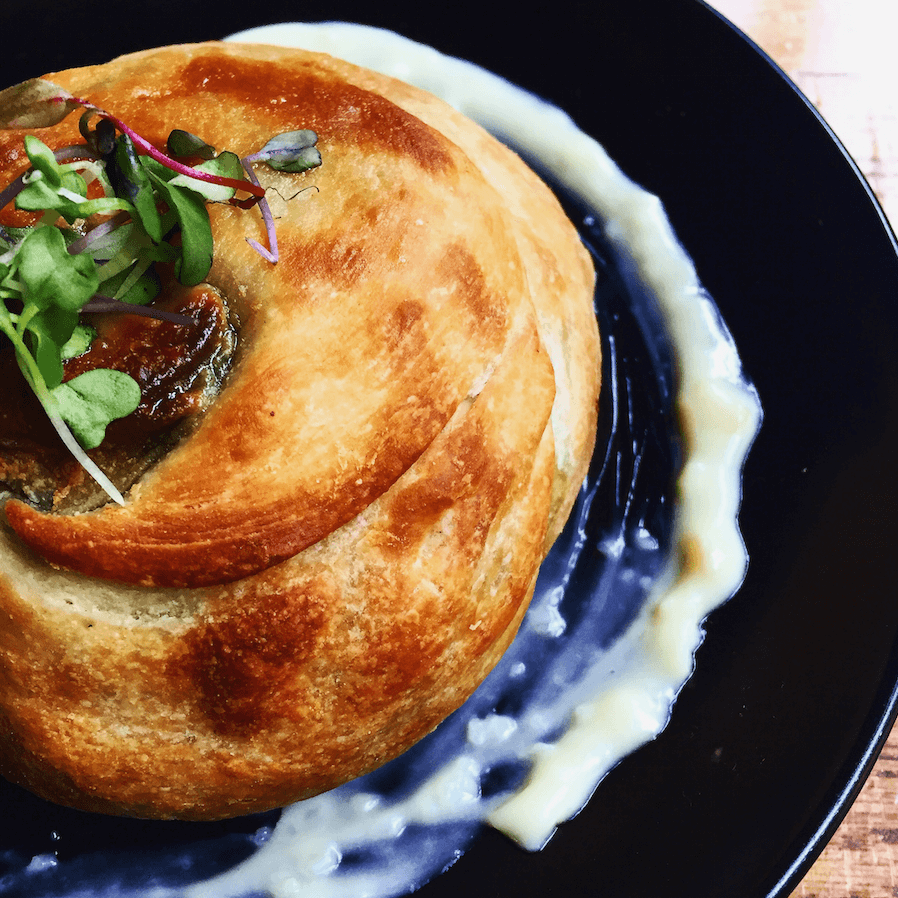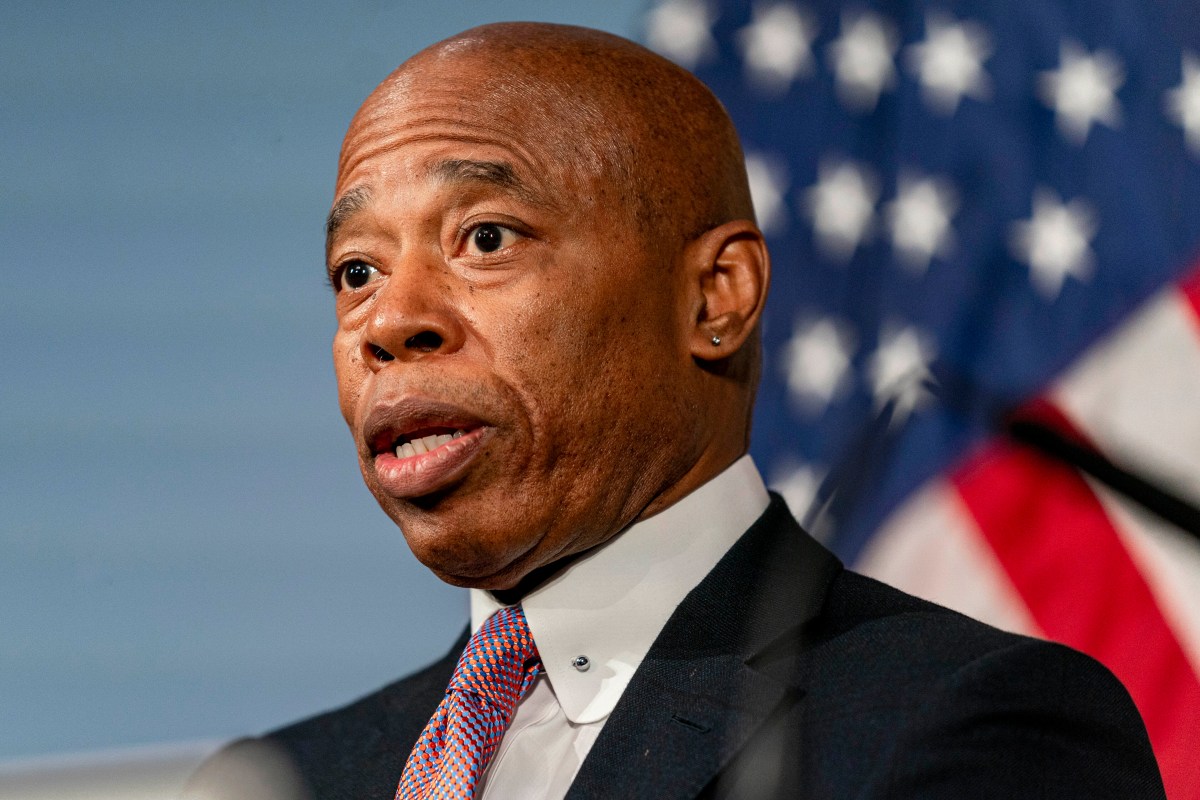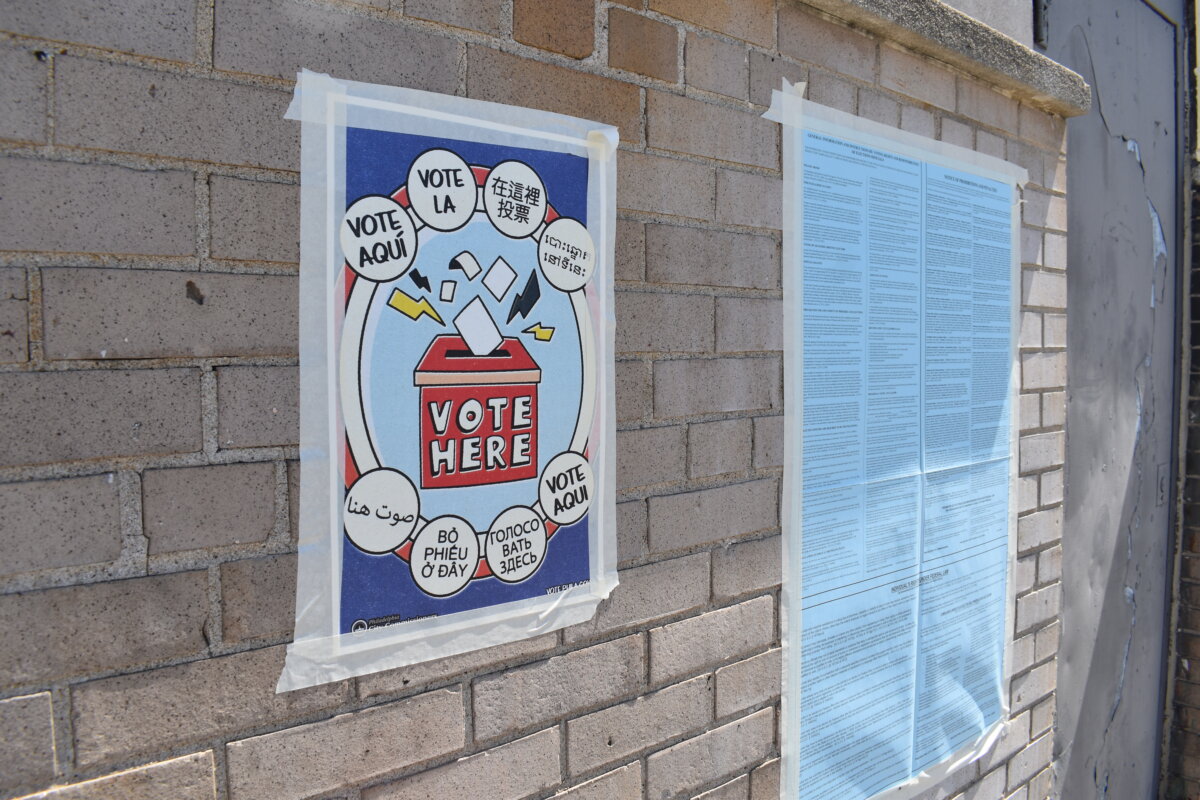Nowadays, planning for at least one gluten-free, lactose-intolerant, nut-allergic, shellfish-avoiding, garlic-shunning, vegan diner at every table is par for the course if you’re a chef.
For gluten-free alone, the National Foundation for Celiac Awareness estimates one in 133 Americans have the disease, which requires a completely gluten-free diet — but that’s likely only a small percentage of the population who have the disease but are undiagnosed or who are avoiding gluten for other sensitivity (or trendy) reasons. A Public Policy Polling study from 2013 found that 13 percent of the U.S. population identifiedas vegetarian or vegan, up from a 2008 Harris Interactive poll in which 10 percent reported they “largely follow a vegetarian-inclined diet,” according to PETA. Compare that to aZogby poll in 2000, which had only 4.5 percent not eating meat. But if chefs see accommodating an ever-expanding list of food restrictions as a pain instead of a welcome challenge, most of them aren’t admitting it.
“Today you really do have to think about that. It’s about being hospitable to all of our diners,” says Bobby Saritsoglou, formerly of Santucci’s in South Philadelphia and now running the kitchen at Opa. He’s the first Greek chef at the Greek small plates restaurant in Midtown Village. Saritsoglou has cooked “every cuisine” in his career, but says “Greek influences everything” — which might make it easier for him to whip up dishes like a gluten-free platter.
“In Greek cooking, in healthy Mediterranean cooking, there are a lot of vegetable options. It’s just how we eat. So maybe it’s a little easier for us,” the chef says.
Expecting flexibility
It might get a little more complicated when serving up other cuisines — but not for an “Iron Chef America” competitor like Jeff Haskell, executive chef at Good Company Hospitality overseeing Parker & Quinn, Refinery Rooftop, and Winnie’s Jazz Bar in New York. “Over the last three years, it’s become an expectation, both on the restaurant’s part and on the guest’s part, to have that flexibility. We have a lot of items on the menu that are either gluten-free or can easily be modified. It’s usually a simple deletion, like taking away the croutons,” says Haskell, who does come close to hinting at the occasional frustration in modifying the menu — but only barely. “Of course, it presents certain challenges here and there,” he says. “But we’re here to serve our guests. If what they’re requesting is within reason and within our capabilities to deliver with the level of quality that we’re known for, then there really is no problem.” Both chefs say servers at their restaurants are trained to graciously and knowledgeably guide guests with dietary restrictions. “We want all diners to feel welcome and comfortable, and our servers are very studied,” Saritsoglou says. “Hospitality is so important. We don’t want any diner to feel like an outsider.” Should you call ahead?
If you’re walking into a restaurant with a long list of dietary restrictions — such as veganism, which cuts out meat, poultry, seafood, eggs, dairy and honey — it might be a good idea to give a little warning. “If someone who’s a vegan calls ahead, we like to arrange a specific special dish for them,” Chef Haskell says.“We might do a pasta, or we have a farro risotto, or a composed vegetable plate. But really it could go either way. We’re also ready to accommodate on the fly.”
Gluten-free? Your chef doesn’t mind



















